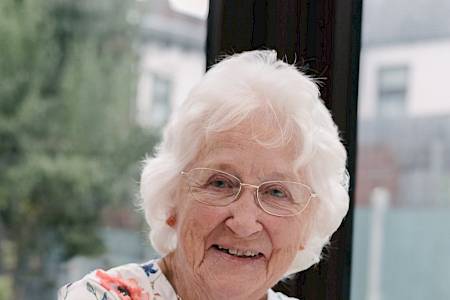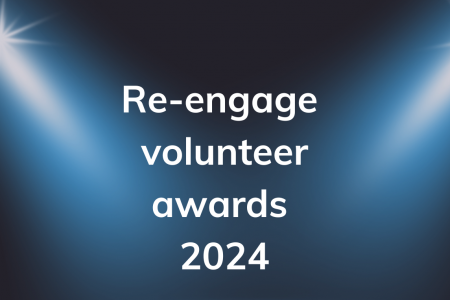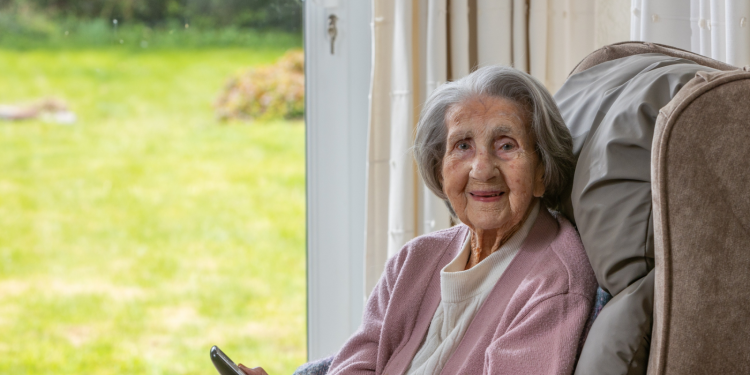Phyllis Bunting is 100 years old and has a secret she has modestly kept for some time – she played a role in a vital service that helped turn the course of the Second World War.
Phyllis worked at the Telecommunications Research Establishment (TRE) in Malvern, Worcestershire, where an army of scientists honed radar technology which provided an important tactical advantage over Germany on land, sea and air.
As a bright 17-year-old, Phyllis joined the TRE in 1940 where she teamed up with hundreds of technology experts and backroom staff who were all secretly working on fine tuning the radar system. Initially, when she signed up for military service, it was suggested she should make sacks.
“I wanted to do something better than that,” said Phyllis, a grandmother of four who lives in Bristol. “So, I got into the RTE, which obviously wasn’t as glamorous as the other services, like the Women’s Royal Naval Service.
“It was quite exciting in a way, but we couldn’t tell anyone what we were doing which made life difficult, particularly for the men. None of us wore uniforms so people thought we were not helping the war effort, that we were cowards. But what could we say?
“The Americans were also working with us and they had Nissen huts built for their people in the grounds where we worked. I had to find accommodation and so I stayed at a house where two older ladies lived. They were lovely but there wasn’t much food.
“I was working six days a week, taking a long bus journey to and from the base. I remember getting back to the house late one night and walking through the kitchen where someone had left an old crust. I was so hungry I just ate it straight away.”
Phyllis worked in the drawing office at RTE, which was described by one scientist as ‘the most brilliant and successful of the English wartime research establishments’. She was part of a team that would translate the scientists’ notes into drawings which would then be passed to engineers for components to be made. Her specialist area was the design of plugs and sockets.
She met her husband Phillip when he joined her office after being switched from Bomber Command. He had spent the last months of the war dropping leaflets over Berlin to inform the population of latest events.
“He was a lovely man,” said Phyllis. “I’m glad he wasn’t involved in the bombing.”
Phillip, who frequently played golf with his wife at their local club, died in 1977. Phyllis continued playing with a new partner until her sight began to fail. She can now just about read with the help of a magnifying glass.
“I do see my two daughters, but I get very lonely,” said Phyllis. “When you get to my age you find that all your old friends have died. It’s left me feeling empty.”
However, Phyllis does now enjoy brighter moments; she has a Re-engage call companion who makes regular calls which, she says, are ‘very nice’.
Phyllis said: “They keep me in touch with the outside world and I occasionally go for a coffee at the golf club. I also still get my hair done, so it’s not all bad.
"All of my friends are dead now so I get very lonely. The days are so long so I have started paying people to come in talk to me for a while. I'm very grateful for the calls which brighten my day. Life would really be awful without them."
Phyllis's call companion, Lynn, said: "I'm often the only person Phyllis might speak to during the day, so the calls are very important to her. She seems to enjoy them. To be honest I just want to give her a hug."
Phyllis’ daughter, Sarah, said simply: “I am very proud of mum.”
-
View
More news

Loneliness Awareness Week 2024
Read how one random act of connection by Re-engage activity group member Jane changed lives.
By Re-engage

Celebrating our incredible volunteers
Meet some of the the people changing lives by reducing loneliness across the UK.
By Re-engage

